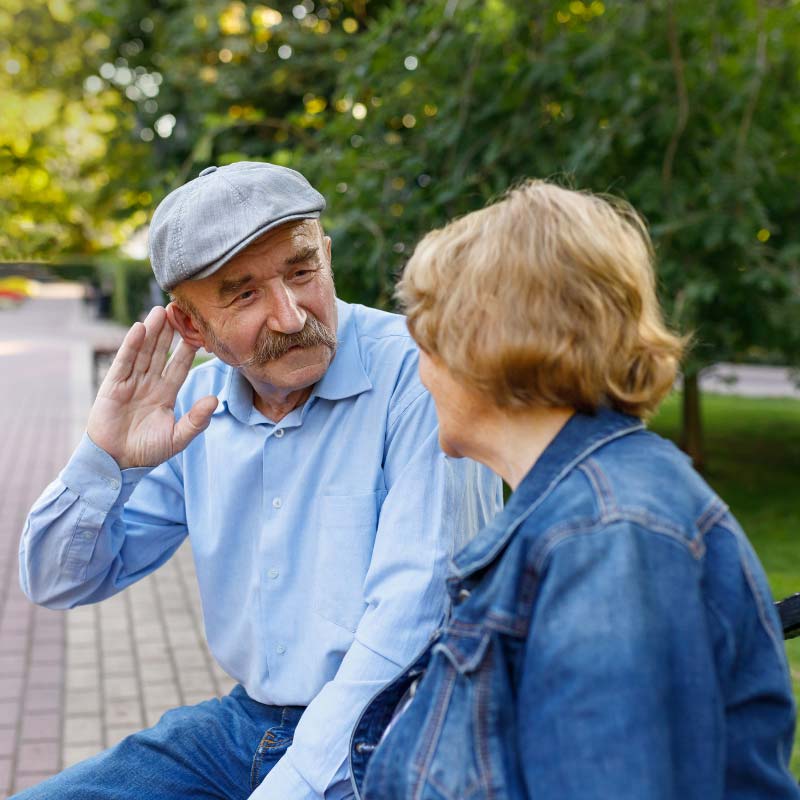How to Prevent Hearing Loss for Older Adults
Do you often find yourself asking people to speak up? Or have you worn a hole in the ‘volume up’ button on your TV remote? If so, you may have mild hearing loss!
Although there’s no way to reverse most types of hearing loss, there are a few ways to prevent further damage. Keep reading to learn about the causes of hearing loss, and the best way to protect your ears.
What is Hearing Loss?
Here’s a quick and simple biology lesson.
Sound is made up of vibrations. When these vibrations penetrate our inner ear, they move through a number of membranes and eventually arrive at the cochlea, a structure deep inside our ear. The cochlea is lined with thousands of ‘hairs’ that translate these vibrations into electrical signals that our brains can effectively process.
Hearing loss is generally caused by damage to these little hairs inside the cochlea. In this case, vibrations enter the ear—but they can no longer be translated into electrical signals.
Types of Hearing Loss
Hearing Loss Due to Damage:
Exposure to loud noises can cause the little hairs within our cochlea to die back. The louder the noise, and the longer we’re exposed to it, the more potential for damage.
Hearing Loss Due to Age:
As we age, the hairs break down, leading to hearing loss. For some people, this type of hearing loss is unavoidable, but exposure to loud, consistent sound certainly speeds up the process.
How Can I Protect My Hearing?
There are a few ways you can reduce your risk of developing hearing loss. Firstly, try to limit your exposure to loud noises as much as possible. You’d be surprised by how an everyday noise (like the noise in a busy restaurant) can affect our hearing. So, it may be worth carrying ear protection when you leave the house, like earbuds or earmuffs.
Also, keep your ears clean at all times. A build-up of ear wax can also cause temporary hearing loss, and improper cleaning can damage your ear. Speak to your GP to discuss the best way to clean your ears. If you do begin to experience hearing loss, it’s important to visit your GP or audiologist. They’ll help manage your symptoms, and may recommend devices such as hearing aids. They may also suggest ways to slow down the progression of your hearing loss, to keep you hearing for longer.
If you’re an older Australian living with hearing loss, we can help make life easier. Here at Simply Helping, we offer a range of services as part of our in home care, including transport, to take you to and from your audiologist appointments. Click here to learn more about our services and contact us today.





